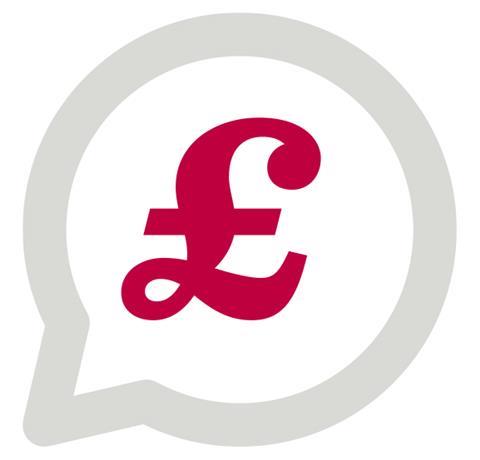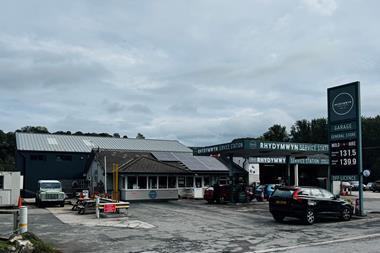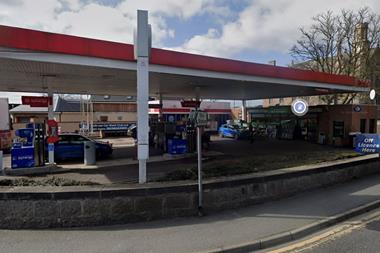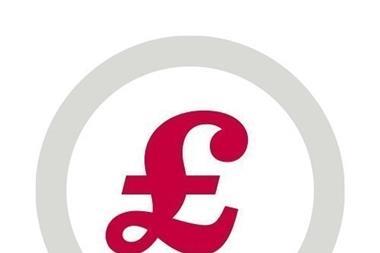Getting to grips with the intricacies of fuel pricing is too complicated for some people, which is why forecourts are always an easy target.

You know that feeling: you’re watching the news and they cut to pictures of a forecourt and a voiceover starts describing how pump prices haven’t fallen, despite apparent falls in crude oil prices a few days earlier.
Cue obligatory vox-pops with disgruntled customers complaining how hard they’re finding it to cope with petrol/diesel prices, what with all the other increases in the cost of living. And then, if there’s a bit of time left, they’ll have an interview with some ‘consumer champion’ – typically from the AA or RAC – bemoaning how the petrol retail industry is profiteering at the consumers’ expense.
Quite often they don’t even bother giving anyone from the industry more than a token sound-bite to try to explain what is, in reality, a very complicated picture.
The petrol retail industry has always been a safe, soft, and easy target for the media – whether that’s the oil majors or individual forecourt retailers.
Remembering that the real picture is much more complicated, let’s just take it at face value for a moment. These self-appointed ‘consumer champions’ are saying that (a) there is – or should be – a simple linear relationship between crude-oil prices and pump prices; and (b) that somewhere in that equation the petrol retail industry is supposed to operate at some presumably fixed and minimal ‘gross margin’. Even those commentators who are genuinely so naïve or ignorant that they really believe in that simplistic picture of fuel pricing should surely be able to comprehend that fuel retailers cannot operate on zero-margin. Nor can that margin be somehow permanently ‘fixed’ when the retailer is faced with ever-rising costs across their business.
But while we’re still in that simplistic universe of these ‘consumer champions’ perhaps we should quickly remind ourselves of some of the rising costs that petrol retailers are supposed to ignore/absorb: Whether they blame Brexit or Covid, the media have been reporting shortages of workers across the economy for the last two years. Shortages lead to increased pay, even before the next increase in National Minimum/Living Wage rates due in April – on top of which there’s the planned increase in employers’ NICs from the same time. Petrol stations employ staff. Petrol stations also use electricity. Quite a lot of it. As the same media keep reporting, the costs of electricity and gas have risen dramatically during 2021 and will continue to do so this year. As they also like to report, the costs of EFT transactions are rising for all retailers. Petrol retailers face a double-whammy from this because not only are the percentage rates increasing, the rise in prices of their key supply means that the retailer is paying an even higher charge per litre of fuel sold on plastic. And, of course, the majority of people using forecourts pay with plastic.
Obvious ones
Those are just the really obvious ones. Again, because of Brexit/Covid, we keep seeing reports of shortages of supply across a wide range of products – and that isn’t restricted to consumer goods. Simple things like building and plumbing materials, power tools, etc, have been affected; shortages inevitably mean higher prices. Those, coupled with the labour situation already mentioned, have driven up contractors’ prices for everything. And for any retailer wishing to make a capital investment on their forecourt – such as installing solar power sources, or EV charging bays – the costs have risen considerably over the last two years.
Inflation
General inflation in the UK economy was 5.4% in the year up to December 31, 2021. That’s the highest rate since 1992. And it is expected to stay at over 5% for the rest of this year. Petrol retailers are just as affected as any other business sector by these figures. Yet as far as the media and their self-appointed ‘consumer champions’ are concerned, somehow petrol retailers are seen in some form of isolation, and therefore should not dare to increase their own gross margins to try and recover some of the costs rising at the highest rate in 30 years. And just to make matters worse, we see that fuel volumes are currently reported at only some 75-80% of the pre-Covid levels more than two years ago. In the short-term that’s still largely due to Covid-related advice to work from home, but taking the longer view, it’s likely that at least some of that volume has gone forever, thanks to EVs. So, petrol retailers face increasing costs that have to be recovered from a smaller volume of sales. Inevitably the only way to do that is by increasing ‘gross margins’ per litre – simple economics.
Nobody likes high pump prices. Especially petrol retailers. It really is time that the media realised that there’s a huge gap between ‘gross margin’ and ‘profit’: that gap is called ‘overheads’.
Still, it’s much easier to parrot simplistic nonsense headlines than to try and explain anything complicated in any depth.
EKW Group provides accounting and payroll solutions for independent petroleum and convenience dealers, including fully outsourced accounting options:
01942 816512
ekwgroup.co.uk

































No comments yet